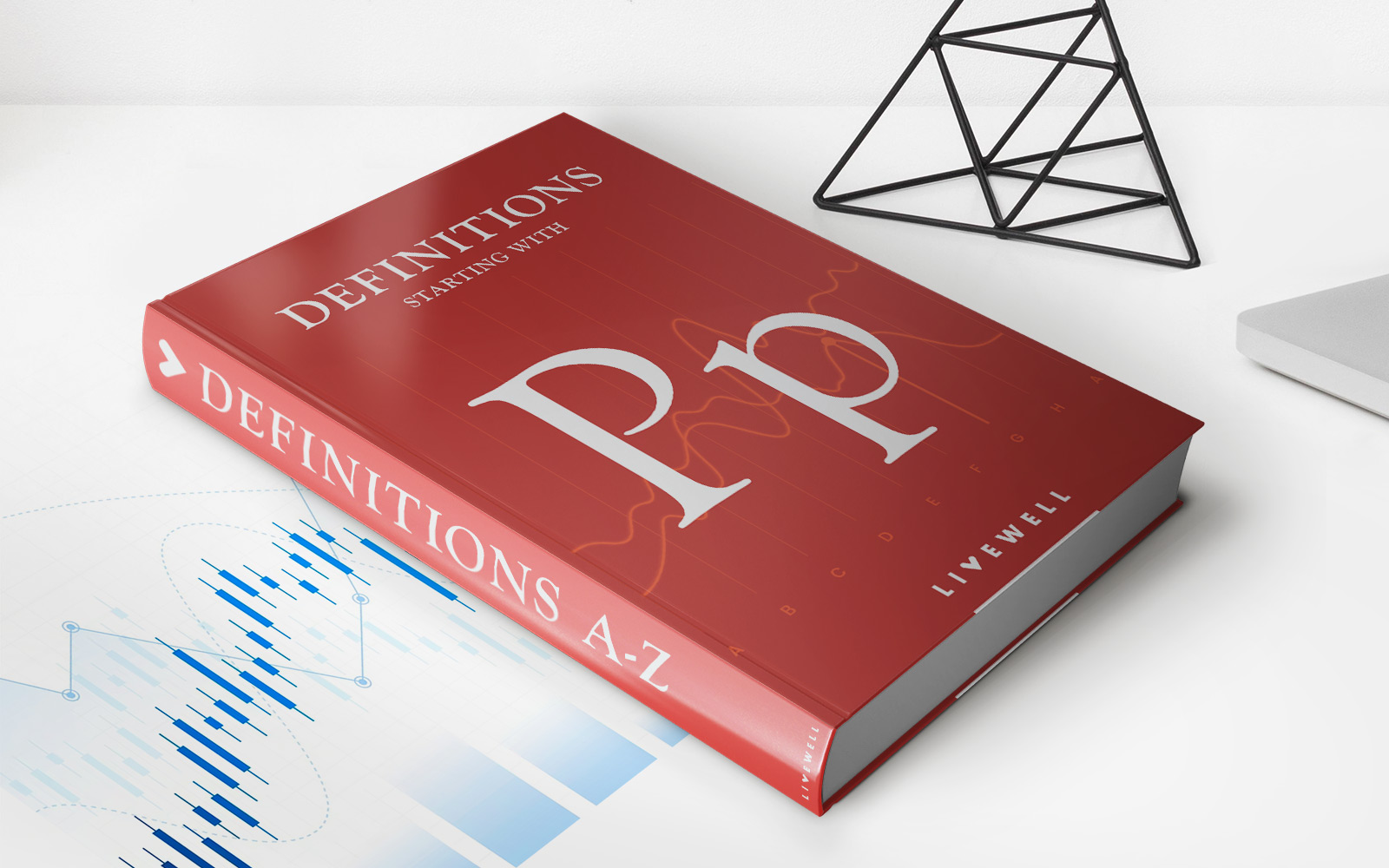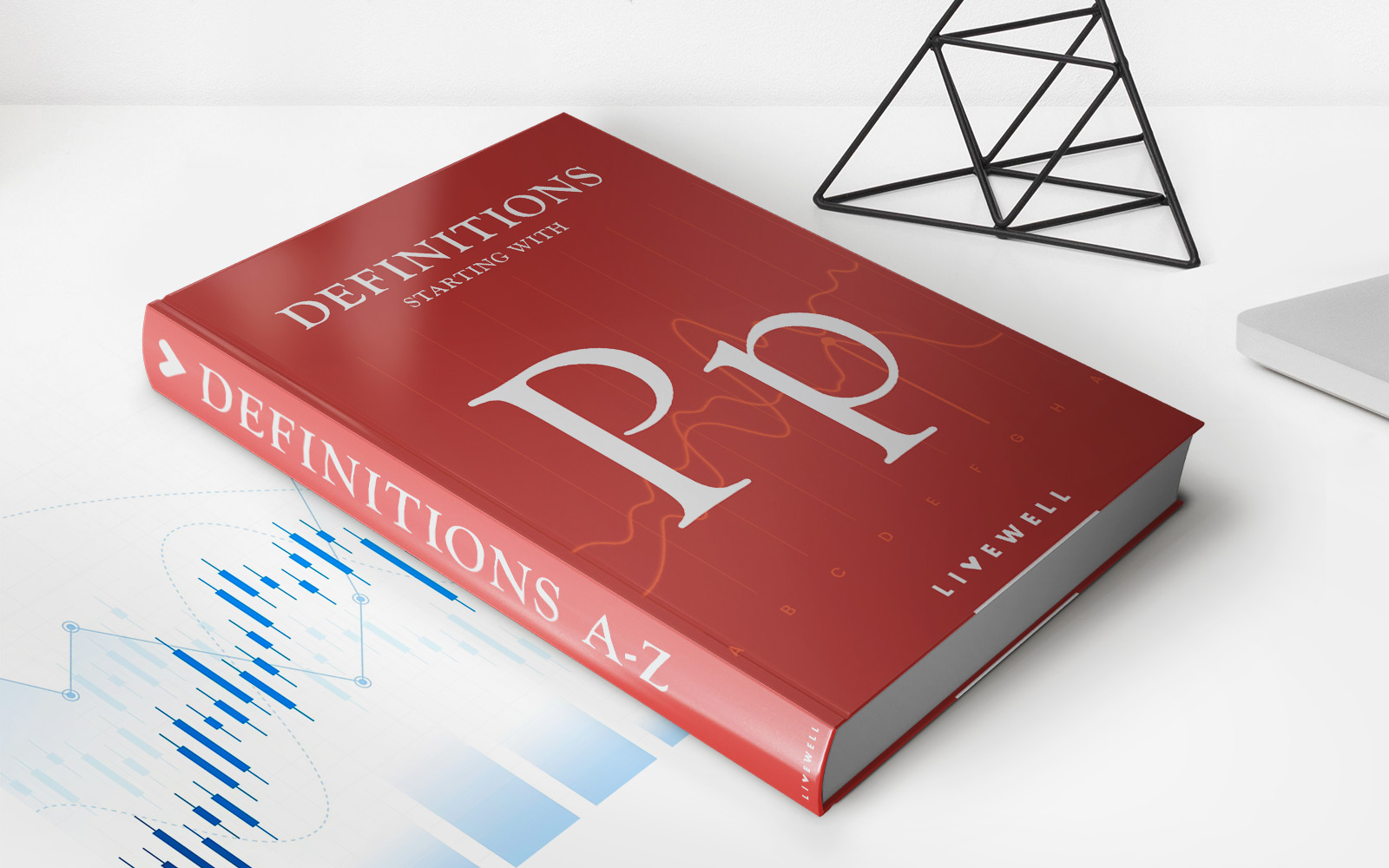

Finance
Insurable Interest Definition
Published: December 10, 2023
Learn the definition of insurable interest in finance and understand its importance in insurance policies. Discover how insurable interest affects coverage and claims.
(Many of the links in this article redirect to a specific reviewed product. Your purchase of these products through affiliate links helps to generate commission for LiveWell, at no extra cost. Learn more)
Insurable Interest Definition: Understanding the Basics of Financial Protection
Welcome to our FINANCE category, where we delve into various aspects of personal and business finance to help you make informed decisions. Today, we will be discussing an important concept called “insurable interest.” If you’ve ever wondered what insurable interest means and how it relates to insurance, this blog post is for you. So, let’s dive in and find out more about this crucial financial principle.
Key Takeaways:
- Insurable interest refers to the financial stake or relationship an individual or entity has in the subject matter of an insurance policy.
- It is a fundamental principle that helps ensure that insurance policies serve their intended purpose of protecting against financial loss.
Defining Insurable Interest
Insurable interest refers to the financial stake or relationship that an individual or entity has in the subject matter of an insurance policy. In simpler terms, it signifies that you would suffer a financial loss if the insured item or person were to experience a covered loss. Insurable interest acts as a safeguard, preventing individuals from buying insurance policies on assets or individuals they have no legitimate financial interest in. This principle is crucial for insurance companies to assess risk accurately and provide appropriate coverage.
Insurable interest applies to various types of insurance policies, including life insurance, property insurance, and business insurance. Let’s explore a few examples to illustrate how this concept works:
Examples of Insurable Interest
- Life Insurance: In life insurance, insurable interest exists when the policyholder would experience financial loss due to the death of the insured person. This is why individuals can typically only purchase life insurance policies for themselves, their spouses, or dependents. Since you have a direct financial relationship with these individuals, their passing would affect you financially.
- Property Insurance: When it comes to property insurance, insurable interest means that you have a financial stake in the property being insured. For example, if you own a home, you have a clear insurable interest in protecting it against potential damages from fire, theft, or other covered perils. However, someone who doesn’t have any ownership or legal interest in the property cannot obtain property insurance for it.
- Business Insurance: In the context of business insurance, insurable interest arises from the financial stake a business owner holds in their company’s assets, equipment, or any other insurable risks. This ensures that there is a valid financial relationship between the business owner and the items being insured.
The Importance of Insurable Interest
Insurable interest acts as the foundation of insurance contracts, and its enforcement is vital in safeguarding the integrity of the insurance industry. Here’s why this principle is of utmost importance:
- Risk Management: Insurable interest helps insurance companies assess the level of risk associated with a particular policy. By ensuring that policyholders have a genuine financial interest in the insured item or person, insurance providers can accurately determine the likelihood of a potential loss occurring and set appropriate premiums.
- Avoiding Moral Hazard: The concept of insurable interest helps prevent moral hazard, which refers to the increased likelihood of risk-taking behavior when individuals are not directly affected by the consequences. By requiring individuals to have an insurable interest, insurance companies ensure that policyholders have a vested interest in protecting the insured assets or individuals.
Understanding insurable interest is crucial for anyone seeking insurance coverage. It ensures that policies are fair, effective, and provide the necessary financial protection. By complying with this principle, both policyholders and insurance companies can establish a secure relationship based on trust and transparency.
We hope this blog post has provided you with a clear understanding of what insurable interest means and why it is essential in the world of insurance. Stay tuned for more informative content on our FINANCE category as we continue to explore various topics related to personal and business finance.














